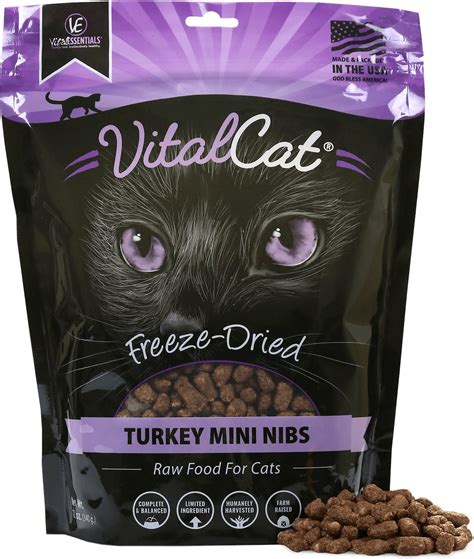Introduction:
Cats are beloved companions that provide us with years of joy and affection. Ensuring their optimal health is paramount, and nutrition plays a crucial role in this endeavor. This comprehensive guide delves into the essentials of cat nutrition and wellness, empowering you to make informed decisions about your feline friend’s diet and lifestyle.

The Importance of Proper Nutrition for Cats
Nutrition is the cornerstone of a cat’s overall well-being. A well-balanced diet provides the necessary nutrients to support:
- Healthy body weight: Obesity is a major health concern in cats, leading to numerous ailments. Proper nutrition promotes a healthy weight.
- Strong immune system: A balanced diet boosts the immune system, protecting cats from infections and diseases.
- Beautiful skin and coat: Essential fatty acids and vitamins contribute to a shiny, healthy coat.
- Healthy teeth and bones: Minerals such as calcium and phosphorus maintain strong teeth and bones.
- Cognitive function: Antioxidants protect against cognitive decline, ensuring a sharp mind throughout their lives.
Macronutrients: Balancing the Basics
Cats are obligate carnivores, meaning they require animal-based protein for optimal health. The macronutrient composition of a cat’s diet should reflect this:
- Protein: 26-30% of total calories, primarily from animal sources such as chicken, fish, and meat.
- Fat: 10-15% of total calories, providing energy and essential fatty acids.
- Carbohydrates: While not essential, a small amount (5-10%) can provide energy.
Micronutrients: The Essential Elements
Micronutrients, including vitamins and minerals, play vital roles in feline health:
- Vitamins: Essential for metabolism, immune function, and skin health.
- Minerals: Crucial for bone health, electrolyte balance, and nerve function.
Calorie Requirements: Tailoring Nutrition to Your Cat
Calorie requirements vary depending on age, activity level, and health status. The following are general guidelines:
- Kittens: 50-80 calories per pound of body weight per day
- Adult cats: 25-30 calories per pound of body weight per day
- Senior cats: 20-25 calories per pound of body weight per day
- Active cats: May require additional calories
Feeding Frequency: Timing and Consistency
- Kittens: Feed 4-6 small meals per day
- Adult cats: Feed 2-3 meals per day
- Senior cats: Feed 2-3 small meals per day
Consistency in feeding times is important for establishing a regular digestive pattern.
Wet vs. Dry Food: The Pros and Cons
- Wet food: Higher moisture content, which can be beneficial for urinary tract health; more expensive
- Dry food: Convenient, affordable; may contribute to dental problems if not combined with wet food
Transitioning to a New Food: Gradual is Key
When introducing a new food to your cat, it’s essential to transition gradually over 7-10 days:
- Day 1-3: Mix 25% new food with 75% old food
- Day 4-6: Mix 50% new food with 50% old food
- Day 7-10: 100% new food
This gradual approach helps minimize digestive upset.
Beyond Nutrition: Wellness Essentials for Thriving Cats
In addition to proper nutrition, several other factors contribute to feline well-being:
- Hydration: Provide access to fresh water at all times.
- Exercise: Encourage regular play to maintain a healthy weight and prevent boredom.
- Grooming: Regular brushing removes dead hair and stimulates circulation.
- Dental care: Brush teeth regularly and schedule dental checkups to prevent gum disease.
- Mental stimulation: Provide toys and puzzles to engage your cat’s mind and prevent cognitive decline.
- Veterinary care: Regular veterinary checkups are essential for early detection and prevention of health issues.
Conclusion:
Optimal feline health is a multi-faceted endeavor, with nutrition playing a pivotal role. By adhering to the principles outlined in this guide, you can provide your cat with the nourishment and care it needs to live a long, healthy, and fulfilling life. Remember to consult with your veterinarian for personalized advice tailored to your cat’s specific needs.





















